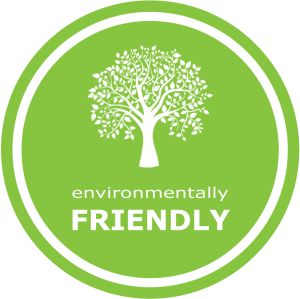Carleton University is committed to integrating sustainable procurement into all aspects of our campus operations and strategies. As stated in our sustainability plan, Goal 4.3 reflects our dedication to building the capacity for all departments and faculties to incorporate sustainability in the procurement of goods, services, and throughout the supply chain.
STRATEGIC ACTIONS:
- Develop policies, procedures, and guidelines that promote sustainable procurement throughout the institution.
- Integrate sustainability principles into procurement activities to ensure the selection of products and services that provide long-term value for money and achieve wider economic, social, and environmental benefits.
- Implement a preference for environmentally preferable products throughout the university where appropriate.
- Ensure that employees, contractors, suppliers, and vendors follow the university’s commitment to sustainability and support sustainability principles.
- Establish a system to increase the use of surplus goods by departments and faculties, reducing waste and promoting resource efficiency.
The Importance of Sustainable Procurement
As a large campus with over 30,000 students, faculty, and staff, Carleton University has the power to work with suppliers to provide more sustainable products across campus. When done well, this aligns Carleton with SDG goal 12 – Ensuring sustainable consumption and production patterns, and supports the following:
- Helps to reduce Carleton University’s overall environmental impact.
- Minimizes the chance of purchasing from suppliers with a poor environmental track record.
- Directs support to suppliers and companies that provide green product solutions.
- Limits the consumption of single-use plastics and e-waste on campus.
So, how does Carleton University purchase sustainably? While every product and purchase is unique, the following tips can help ensure that sustainability is always at the forefront of our purchasing decisions:
Buy Green Certified Products

When making purchasing decisions, it’s important to look for reputable suppliers or products with green certifications or standards. These certifications are usually issued by third-party organizations and are accompanied by an eco-logo. Products with these certifications have significantly less environmental impact, if any, compared to non-certified products.
Limit Unnecessary Purchases
 Check out our CUrb program, which offers surplus sales of products and supplies before ordering new items. Always attempting to use surplus items first can help reduce waste and save money.
Check out our CUrb program, which offers surplus sales of products and supplies before ordering new items. Always attempting to use surplus items first can help reduce waste and save money.